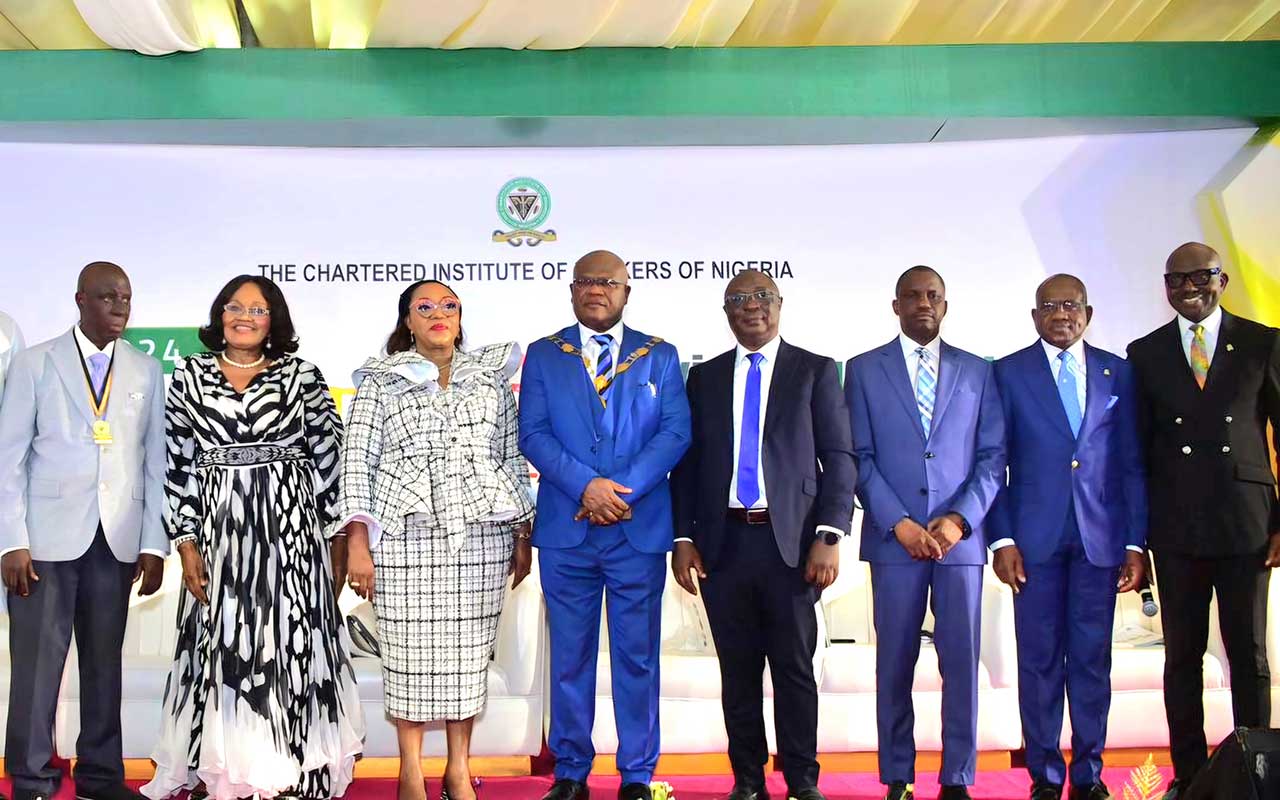
At the current growth rate, economists have speculated that it would take Nigeria more than 25 years to double the size of the economy, compared to the nine years it took to achieve the same at 7.7 per cent average growth recorded between 1999 and 2007.
Specifically, Nigeria’s growth rate decelerated to six per cent between 2008 and 2015 and down to an average of 2.86 per cent between 2015 and 2023.
Giving some key macroeconomic indicators, the economists argued that the Nigerian economy has underperformed in recent years, with its growth becoming one of the slowest in Africa.
Going historically, they said Nigeria’s per capita gross domestic product (GDP) in 1960 stood at $223.53, which was twice the value of China and higher than that of India and Kenya.
However, by 2023, they stressed, Nigeria underperformed relative to the global average, and those of her comparators.
They argued that where Nigeria’s GDP was a mere 1.0 per cent of the global average in 2023 and Nigeria’s GDP, which was twice that of China in 1960, had become a mere 7 per cent of China’s per capita GDP in 2023.
While China is now the world’s second-largest economy, India is the fifth largest and Nigeria ranks the 43rd largest economy in the world in 2024.
Guest Speaker and President of the Nigerian Economic Society (NES), Prof Adeola Adenikinju, who spoke on ‘Maximising the Potential of the Nigerian Economy: Policy Options, Challenges and Prospects’ at the Chartered Institute of Bankers of Nigeria (CIBN) 2024 Fellowship and Investiture, pointed out that Nigeria must be more optimal and deliberate in leveraging its vast untapped potential if it was to regain its lost position.
Noting that the Nigerian economy is a significant player on the African Continent, accounting for over one-fifth of the economy of sub-Saharan Africa, however, he said several constraints of macroeconomic instability such as weak growth, high inflation and unstable exchange rate have hindered the country’s economic performance.
Other constraints, Adenikinju said, include high fiscal deficits, debt servicing obligations, weak institutions, poor governance and corruption, as well as a huge infrastructure deficit.
On policy options for Nigeria to unlock its potential and to achieve the growth ambition of a $1 trillion economy by 2030, the NES chief said required focused policy actions to overcome challenges, stating that infrastructure, governance, and human capital reforms were essential for unlocking long-term growth.
Stating that the country must protect the middle class, which was pivotal to economic growth and sustenance, he said the current government policies are likely to shrink it.
The economist pointed out that to unlock Nigeria’s potential, the country needed to focus on three critical policy priorities: intellectual, infrastructural, and institutional development.
He said as the global economic dynamics evolve, the future of the Nigerian economy might see increased volatility and complexity, “However, the outcomes will depend on our collective actions and inactions as professionals and as a nation. Associations like the CIBN and the NES must stay active and engaged in the policy process. Policymakers must remain adaptive, considering emerging geopolitical and domestic trends that could impact the nation’s trajectory. Coordinated efforts between government, private sector, and international partners are crucial to maximising economic opportunities.”
The Special Guest of Honour, Governor of Nasarawa State, Abdullahi Sule, emphasised thoughtful policies to tackle the nation’s economic challenges.
He urged that banks and the government must collaborate to tackle foreign exchange challenges as well as policy reform to ease lending to the real sector for economic growth.
He mentioned how his state improved its revenue by addressing illegal mining through its Executive Order and agricultural challenges and also built institutes for skill acquisition.
All these, Sule said have paved the way for the state’s improved IGR without borrowing from banks.
Chairperson of the occasion and Group Managing Director/Chief Executive Officer, Emzor Pharmaceutical Industries Limited, Dr Stella Okoli, sought the contribution of all critical stakeholders to take the country back to its rightful place.
She recalled the early years when the British came to Nigeria to study Medicine and other related courses; however, she lamented that the reverse was the case now.
Stating that the past was good, and nothing should change, the Emzor boss called for policy options that would make Nigeria great again and also give the youths the needed assistance and recognition to judiciously contribute their quota to the Nigerian economy, following their immense contributions to economies globally.
The President/Chairman of Council, CIBN, Prof. Pius Olanrewaju, said Nigeria, with its huge population, could be the next success story and a shining beacon for African economies by leveraging its opportunities and addressing the associated challenges to unlock its economic potential to achieve sustainable growth.
Noting that Nigeria is a vibrant and dynamic nation, which no doubt has the potential to transform itself into an economic powerhouse but could be achieved by emulating the success stories of other developing countries and implementing their effective strategies.
According to him, countries such as Singapore, Malaysia, Indonesia and India, once faced similar challenges but successfully navigated their paths to prosperity.
The countries, the CIBN boss said, invested heavily in education, infrastructural development and economic diversification and also facilitated trade and encouraged foreign direct investment, stating that the overall effect of the individual policies paid off.
As professional bankers, Olanrewaju added that they are expected to collaborate with the government and other stakeholders to ensure that the potential of Nigeria is efficiently maximised.






